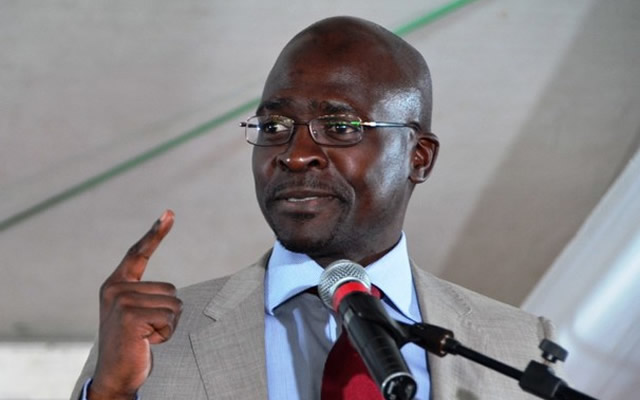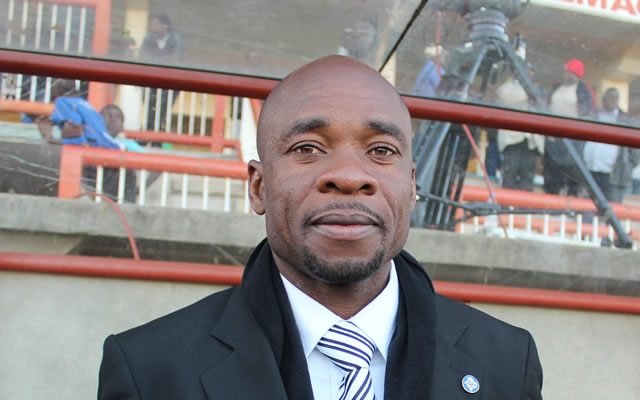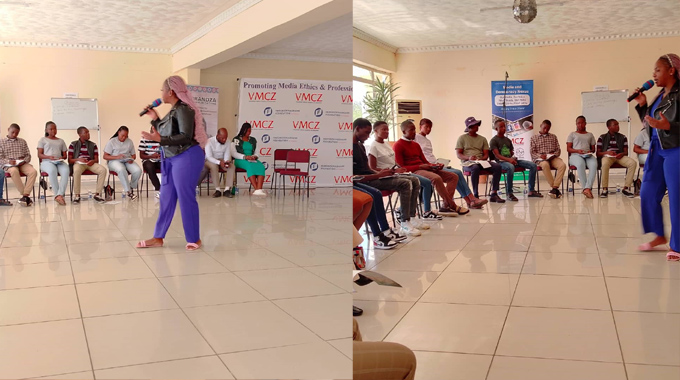SA RESUMES DEPORTING ILLEGALS

Mashudu Netsianda Senior Reporter
THE South African government will this week start deporting Zimbabweans who failed to acquire permits under the 2010 Dispensation for Zimbabwe Project (DZP) and are resident in that country.Home Affairs director-general, Mkuseli Apleni, told Chronicle yesterday the deportations were in line with the new immigration regulations of South Africa.
“We want to make it categorically clear that all Zimbabweans who failed to acquire permits in 2010 during the DZP will with effect from October be deported from our country,” said Apleni.
“We’ve a list of about 242,000 Zimbabweans who benefited in 2010 under that programme and they are eligible to apply for work and study permits under the new Zimbabwe Special Permits (ZSP) programme.”
He added: “The rest are illegal immigrants and we’re saying there’s no reason why they (undocumented Zimbabweans) should remain in the country because our law is very clear. Any foreigner found in our country without a proper permit or travel document is an illegal immigrant and will be deported forthwith and this does not only apply to Zimbabweans but all foreign nationals.”
The latest move by South Africa means that at least 50,000 Zimbabweans with pending applications under the DZP will be affected together with thousands of illegal immigrants resident in different provinces there.
South African Home Affairs minister Malusi Gigaba last Thursday announced his government would start accepting permit applications from the 245,000 Zimbabweans who benefited under DZP starting October 1 as part of the new ZSP programme that was effected in August.
Home Affairs Minister Kembo Mohadi had to re-engage his South African counterpart over the issue, which subsequently culminated in the extension of the permits to December 2017.
The applications for the special permits would be done online and the fee is pegged at R870.
“As the Department of Home Affairs, we’ll begin accepting applications via the website for the ZSP on October 1, 2014. We would like to take this opportunity to update stakeholders and the public on the implementation of the ZSP,” said Gigaba.
South Africa in August announced the establishment of the ZSP of 2014 allowing holders of the special permit to work, conduct business or study in South Africa for three years, until the end of December 2017, ending months of speculation and anxiety among many permit-holders, following reports that the country was introducing tough measures for immigrants.
In June, Gigaba announced that VFS Global, a worldwide outsourcing and technology services specialist for diplomatic missions and governments, had been appointed to receive and manage visa and permit applications in South Africa.
The company was given the mandate to automate the application processes, develop a solution for biometric intake in line with the new immigration regulations, manage a dedicated permitting call centre and deliver outcomes to clients efficiently and timely.
VFS Global has established 11 Visa Facilitation Centres in all nine provinces, with Gauteng and the Western Cape provinces each having two centres in light of their high volume of applications.
The website address to be used when lodging applications will be <http://www.vfsglobal.com/zsp/southafrica>.
ZSP is a programme that replaced DZP, which started in May 2009 and will expire on December 31. During the DZP 295,000 Zimbabweans applied for permits and about 245,000 permits were issued, with the balance being due to lack of passports or non-fulfilment of other requirements.
Under the new regulation, DZP permit-holders, who wish to remain in South Africa after the expiry of their permits, are allowed to reapply for the ZSP as long as they have a valid Zimbabwean passport, evidence of employment, business or accredited study and a clear criminal record.
South Africa suspended the deportation of undocumented Zimbabweans in May 2009 and later introduced a special dispensation during which Zimbabweans were given an opportunity to regularise their stay in South Africa by applying for work, business and study permits.
The process of taking applications under DZP was officially completed on December 31, 2010.
The documentation process was later extended to July 31, 2011, following a special request from the Zimbabwean government.
There are also no accurate estimates on the number of undocumented or illegal Zimbabwean immigrants based in South Africa. It is however, estimated that there are about two million Zimbabweans living in South Africa with a majority of them concentrated in the areas around Gauteng – the country’s major economic hub.











Comments